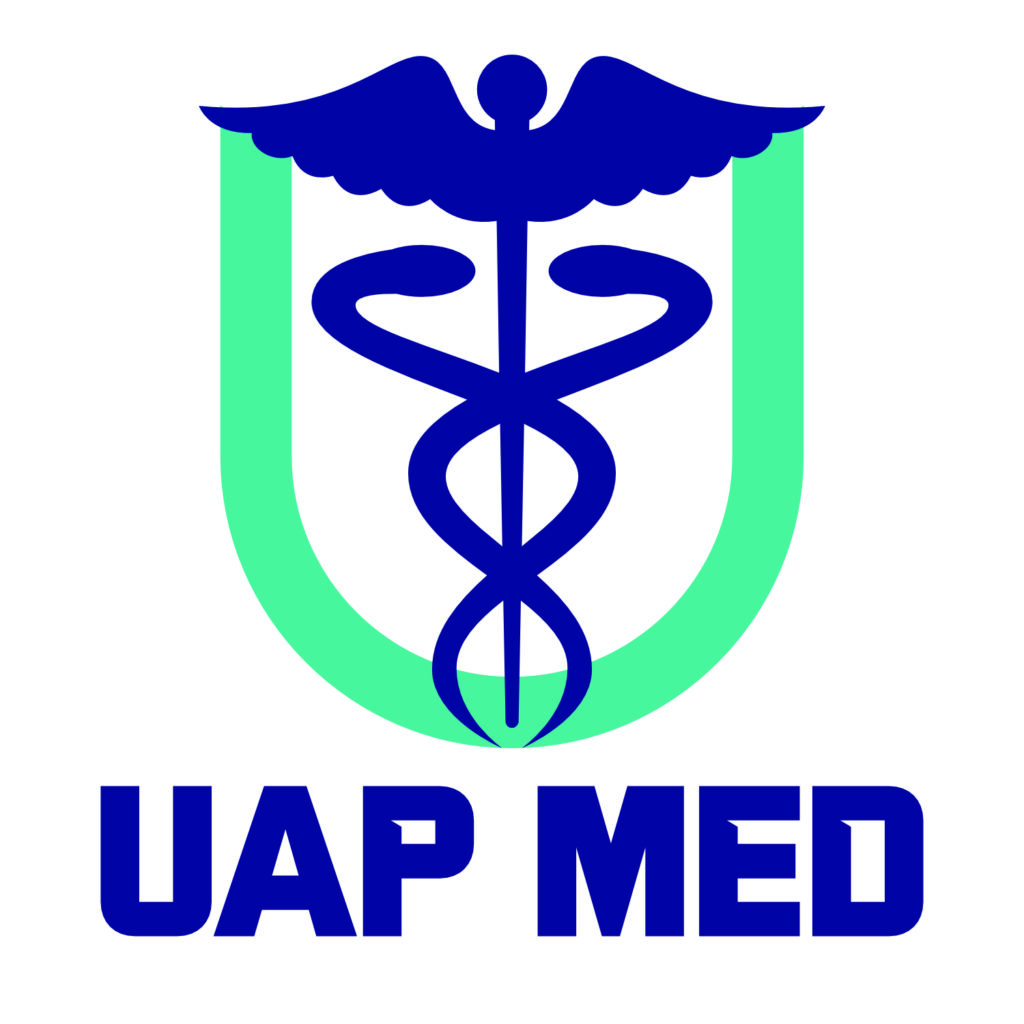05Sep
UAPMed Releases Experiencer Bill of Rights

The recognition of biological effects from unidentified anomalous phenomena or non-human intelligence (UAP/NHI) requires urgent adaptation across the healthcare and emergency services landscape.
The UAPMed Experiencer Bill of Rights (EBR 2024) aims to assist healthcare professionals and first responders when working with experiencers of UAP/NHI, and address the stigmas that may undermine diagnoses, treatments, and successful health outcomes.
UAPMed believes that every individual who experiences UAP/NHI has a
1. Right to Information
2. Right to Recognition
3. Right to Investigation
4. Right to Safety and Security
5. Right to Privacy
6. Right to Physical Care
7. Right to Mental Health Care
8. Right to Professional Guidance
9. Right to Healing and Recovery
10. Right to Informed Consent
The EBR 2024 Takes UAP/NHI Experiencer Stigma Awareness Head On
Stigma continues to be a roadblock for experiencers seeking treatment and care, which often starts from within the individual. This self-imposed stigma can manifest as self-doubt, questioning one’s mental health, and/or inability to acknowledge the UAP/NHI encounter.
The EBR 2024 looks to help UAP/NHI experiencers overcome this initial stigma by requiring that, as patients, they are guaranteed: autonomy, privacy, confidentiality, and informed consent. These assurances may prove essential for gaining fuller insight on the greater public health impact from UAP/NHI events and how to prepare for future events.
If and when an experiencer reports a UAP/NHI encounter, emergency services may find themselves as the first point of contact, fulfilling the primary position of addressing the experience as a legitimate event while mitigating any potential health risks. Therefore, EBR 2024 asserts that experiencers should have a right to have their encounter assessed, documented, and investigated, as reflected through dedicated training procedures and protocols.
For healthcare providers, the EBR 2024 serves as guide to providing compassionate and effective treatment for this marginalized and largely untreated patient population. It underscores the need for an open-minded approach, free from stigma, an essential for building trust with patients. By validating their experiences, healthcare providers can foster an environment where patients feel comfortable discussing their encounters and receive the appropriate acute and long-term medical care.
Mental health practitioners are integral in the health and well-being of UAP/NHI experiencers, as trauma from an encounter can be both complex and life-long. To help guide current and future patients towards emotional recovery, the EBR 2024 illustrates the need for every experiencer to be: offered mental health evaluations and treatments, access to professional guidance, and connection to support networks.
About UAPMed
UAPMed is an interdisciplinary team of healthcare professionals, first responders, and academics focused on UAP/NHI health-related effects. We are dedicated to bridging the gap between science, public understanding, and healthcare professional competencies through educational materials, clinical protocols, and policy recommendations to address the unique needs of UAP/NHI experiencers.

